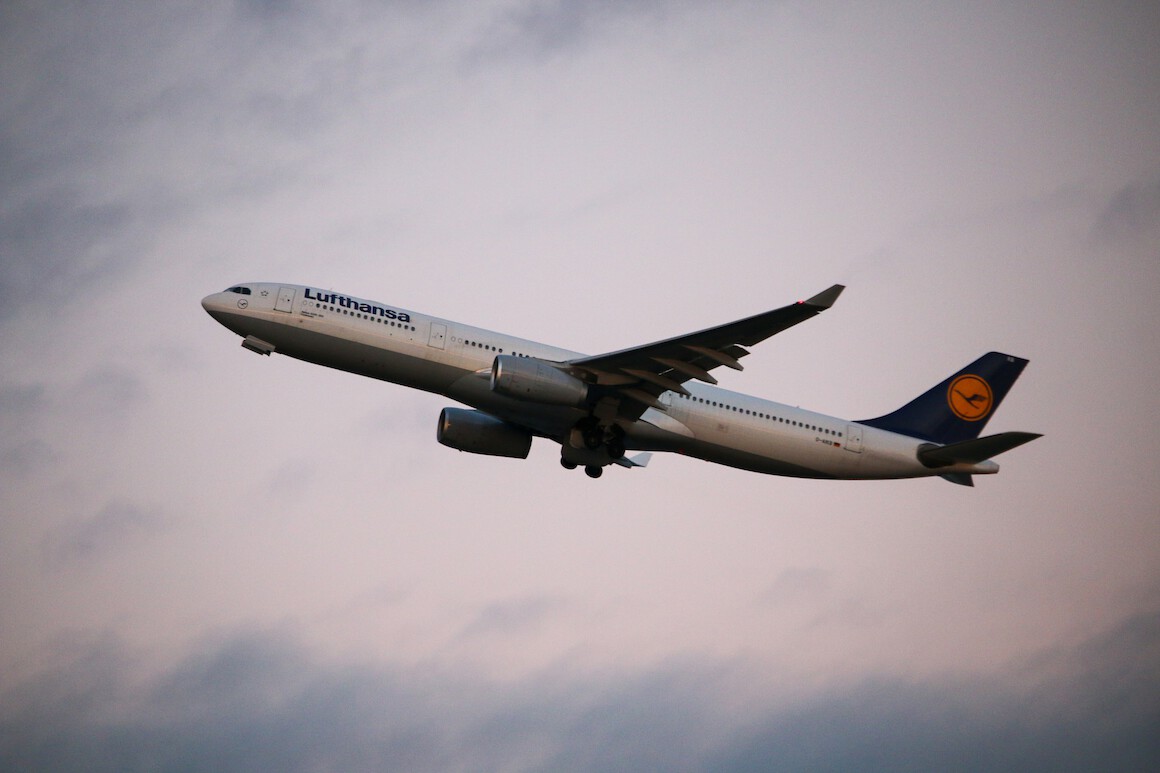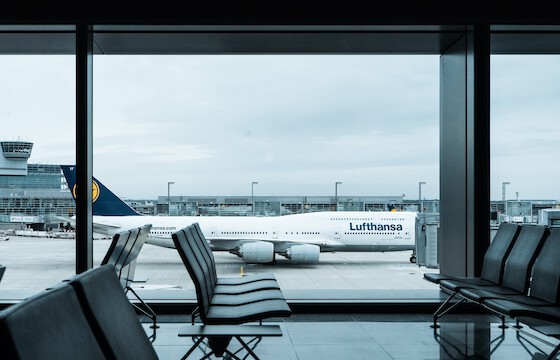1. CASE SUMMARY
A. Summary of facts
Deutsche Lufthansa AG ('Lufthansa') is one of the world's largest airlines and as such offers flight services worldwide through various distribution channels. Bookings for scheduled flights can be made either directly with the airline or indirectly through travel agencies, which usually use a Global Distribution System or GDS (i.e. a special two-sided platform through which tourism suppliers make their travel content available to sales agents for the purpose of resale to end consumers). The proceedings concerned two separate aspects:
- In September 2015, Lufthansa began to charge travel agencies a so-called Distribution Cost Charge or DCC for bookings made via GDS. The DCC did not apply to bookings made through its own distribution channels.
- For technical reasons, in single cases the same flight had different prices when booked - at the same time - by an Austrian or a German travel agency via GDS.
The Association of Travel Agencies in the Austrian Federal Economic Chamber requested that the Cartel Court (and subsequently the Austrian Supreme Court prohibits Lufthansa from charging (i) the DCC on sales of airline tickets via Austrian travel agencies via GDS, and (ii) different prices and conditions for identical booking requests from different countries.
B. Legal analysis
The Austrian Supreme Court decided that Lufthansa has relative market power vis-à-vis the travel agencies as defined in Section 4 para 3 Austrian Cartel Act. This notwithstanding, the DCC does not constitute an abuse of prices or conditions within the meaning of Section 5 para 1 Austrian Cartel Act, as even a dominant airline is free to design its distribution channels autonomously.
However, the fact that Lufthansa charged different prices for one and the same flight when booking in Austria and Germany at the same time amounts to abuse of market power, since this disadvantages certain travel agencies and thus violates the prohibition of abuse under Section 5 para 1 Austrian Cartel Act and Article 102 TFEU.
2. QUOTES
"[…] Relative market power is considered under the criterion of corporate structure. Accordingly, customers are dependent on the company in question if they are economically dependent on it (essential trading partner). A business partner that cannot be bypassed by the market opponent is by definition dominant. This requirement is undoubtedly met in the present case. […]"
"[…] Market operators are in principle free to choose their distribution channels. To the extent that antitrust law does not impose special obligations of conduct on market-dominant companies, they are in principle free to act in the same way as other market participants. Therefore, a dominant company is in principle also free to decide with whom and on which basis to contract, which "distribution channels" to choose and which prices to charge for its own products or services. […]"
"[…] Price abuse within the meaning of Section 5 para 1 item 1 Austrian Cartel Act or Article 102 letter a TFEU only exists if the price charged by the market dominator is "grossly" or "clearly" excessive. The ECJ also focuses on whether there is an excessive disproportion between the costs actually incurred and the price actually charged and - if the answer is affirmative - whether a price was forced that is unreasonable. Accordingly, price abuse only exists if the price is disproportionate to the economic value of the service rendered. According to the unanimous opinion in legal literature, a price only constitutes an abuse if it is "significantly", "clearly" or "strongly" inflated. According to the findings of the Cartel Court (first instance), there are no indications that the DCC is grossly or clearly excessive. […]"
"[…] The personal scope of protection of Section 5 para 1 no 3 Austrian Cartel Act includes contractual partners of the dominant company. Contractual partners are all those companies with which the dominant company enters into business relations as a buyer or seller. In this context, not only indirect contracting parties are covered, but all undertakings which are active on an upstream or downstream economic level. […] Moreover, mere intermediaries are also to be understood as trading partners within the meaning of Art. 102 TFEU. Accordingly, the ECJ has already ruled that travel agents fulfill the definition of a trading partner (C-95/04p, British Airways para 133 ff). Therefore, the court of first instance correctly considered travel agencies to be contracting partners or trading partners of the defendant within the meaning of Art. 102 lit c TFEU and Sec. 5 (1) item 3 KartG, not only due to their function as tour operators, but also as travel agents."
"[…] Discrimination according to Section 5 para 1 no 3 Austrian Cartel Act is excluded if the different conditions are objectively justified. Reasons for justification are above all different production, transport and marketing costs. However, such reasons are not apparent in the present case. […]"
5. OTHER COMMENTS
The second Lufthansa-judgement of the Austrian Supreme Court provides numerous examples of distribution provisions that can benefit airlines while simultaneously comply with applicable competition rules. Most notably, the Austrian Supreme Court clarifies that market dominance does not restrict market operators from freely deciding which distribution channel to use.
6. PRACTICAL SIGNIFICANCE
The second Lufthansa Judgement serves as valuable guideline when implementing a flexible price policy in a platform environment and shows that promoting proprietary distribution channels is lawful despite of market dominance.





Sign in to post comments